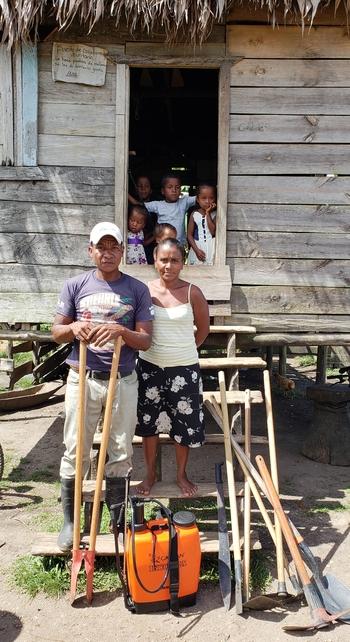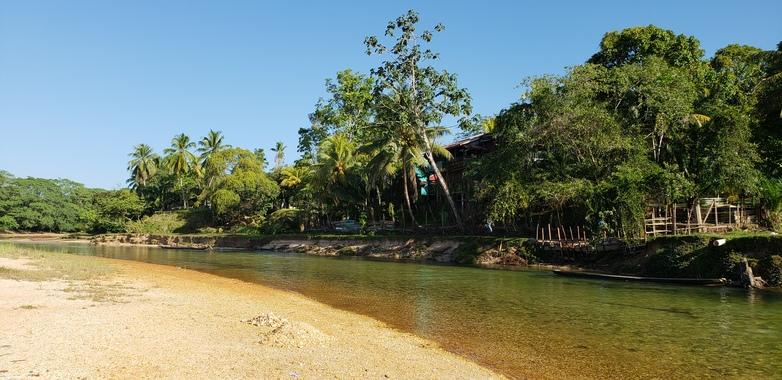Context
In the remote Honduran region of La Mosquitia, the indigenous population has largely sustained its traditional lifestyle and preserved biodiversity-rich ecosystems that form part of the Mesoamerican Biological Corridor. In the past, however, the state has failed to make the necessary investments in the power supply, sanitation services, transportation, education and health care. This has exacerbated the situation for the already disadvantaged indigenous population and left the region’s development in critical condition. More than half of all small-holder families suffer from poverty, food shortages and malnutrition, while women also face restraints on political participation.
In 2015, Honduras committed to implementing the 2030 Agenda. Together with other technical cooperation projects, the communities are developing integrated resource management programmes, which tie together the issues of food and income security with environmentally friendly practices. The indigenous population has not yet established a sufficient level of organisation to compile their demands and leverage the political interest in the region, which is high at the moment. For the management of natural resources, the objective is to adapt the Government’s regulations on use to indigenous traditions, abilities and interests, but this has not yet taken place.
Objective
Management of the indigenous rural population’s territories in the communities of Puerto Lempira and Ramon Villeda Morales has improved in terms of its focus on food and climate adaptation.

